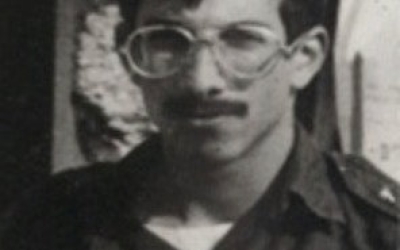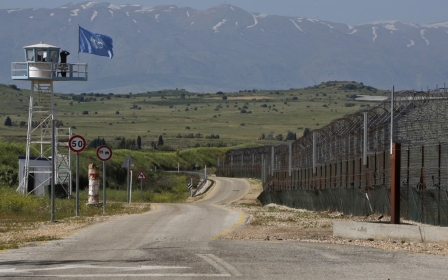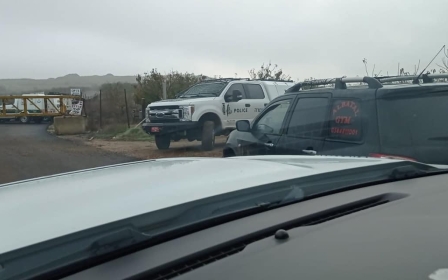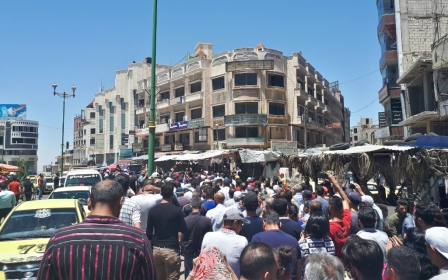Syria and Israel to swap prisoners in Russia-mediated deal
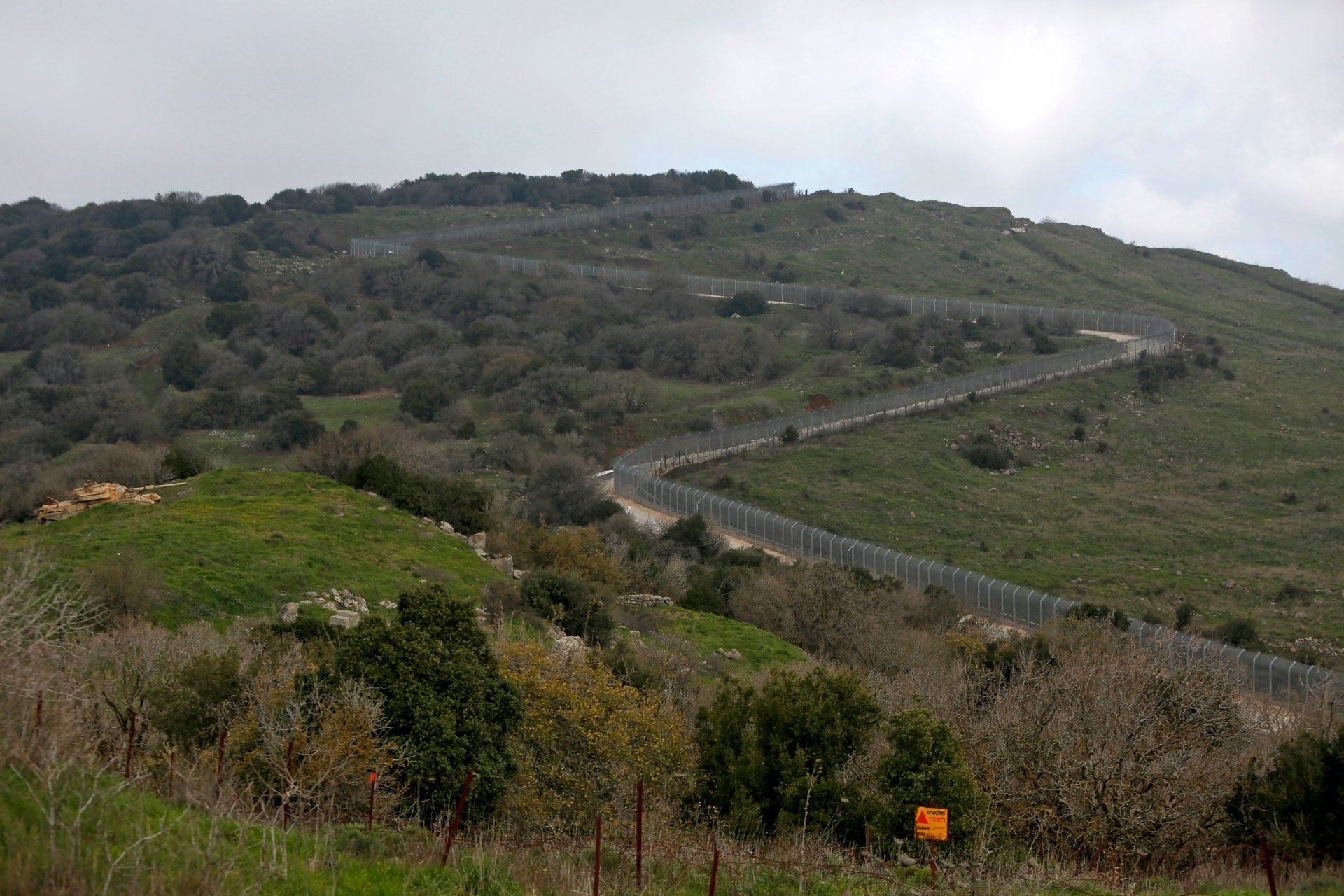
Two Syrian prisoners from the occupied Golan Heights will be released in exchange for an Israeli woman who crossed the border to Syria, Syria's official SANA news agency reported on Wednesday.
The exchange, which is being mediated and sponsored by Russia, will secure the release of Nihal al-Maqt, who was sentenced to three years in an Israeli prison in June 2020.
Maqt is the sister of Sidqi al-Maqt, who spent 11 years in Israeli prison for espionage and was released in January 2020.
He was freed in what Israel called a "goodwill" gesture in return for the Russian-assisted repatriation in 2019 of the body of Zachary Baumel, an Israeli soldier who was declared missing in action after a 1982 tank battle with Syrian forces in Lebanon.
The second prisoner to be released is Diab Kahamuz, 34, who was arrested in 2016 and sentenced in 2018 to 14 years in prison for smuggling explosives he received from Hezbollah into Israel from Lebanon.
According to SANA, the Israeli woman in Syrian custody crossed over into Syria's Quneitra province by mistake.
Israeli Prime Minister Benjamin Netanyahu declined to comment on the report by SANA during an interview with Israel’s Army Radio on Wednesday, but said he was using his connections with Russia’s president to deal with a "life-saving situation".
"I am using my personal connections with President (Vladimir) Putin to solve the problem. We are in the middle of sensitive contacts," Netanyahu said. "We are acting discreetly and responsibly to handle the matter, and I believe we will solve it."
On Tuesday evening, the Israeli cabinet convened for deliberations over a "humanitarian issue" related to Syria. The name of the Israeli woman has not been made public, nor when she illegally entered Syria and was arrested.
Israel’s Haaretz newspaper reported that Meir Ben-Shabbat, head of the domestic intelligence agency Shin Bet, and Yaron Blum, who handles prisoner of war issues, were in Russia negotiating the exchange.
"In the framework of the Syrian state’s keenness on liberating its citizens from the Israeli occupation prisons by all possible means and at any price, work to liberate two Syrian citizens from the occupied Syrian Golan from the Israeli occupation prisons is underway," the SANA report said.
Russia has yet to comment on the issue.
The Golan Heights: Why it matters
+ Show - HideOfficially part of Syria since the country’s independence in 1944, the Golan Heights is a strategic plateau straddling Israel and Syria and overlooking southern Lebanon.
It was captured by Israel during the Middle East war of 1967 and subsequently annexed in a move never recognised by the international community.
The Golan is recognised as part of Syria by the United Nations. UN Resolution 242 calls for Israel to withdraw from the Golan and other occupied territories including the Gaza Strip and the West Bank.
However, Israel has repeatedly refused to do so and in 1981, it formally annexed the Syrian territory.
A UN peacekeeping force has patrolled the demarcation line between Syrian and Israeli-controlled areas of the Golan since 1974.
Israel has constructed settlements that are illegal under international law in the occupied territory and settled its citizens there.
Some 20,000 Israeli settlers currently live in the Golan, alongside around 26,000 of the territory’s native inhabitants, who are predominantly Druze and identify as Syrian.
Since the Syrian war erupted in 2011, Syrians in the Golan taking Israeli citizenship has become more common, though the vast majority reject it.
The Golan is thought to provide around one-third of Israel's fresh water supply. Water from the territory flows into the Sea of Galilee and Jordan River.
Other than its strategic significance - the Golan is the only land border between Israel and Syria - the territory is also used by Israelis for leisure purposes. The area counts an Israeli ski resort and several vineyards.
Israel seized the Golan Heights from Syria in the 1967 Middle East war, later annexing it in a move never recognised by the international community.
The Syrians who live in the plataeu are mostly Druze and the vast majority do not recognise Israel's sovereignty.
Middle East Eye delivers independent and unrivalled coverage and analysis of the Middle East, North Africa and beyond. To learn more about republishing this content and the associated fees, please fill out this form. More about MEE can be found here.


